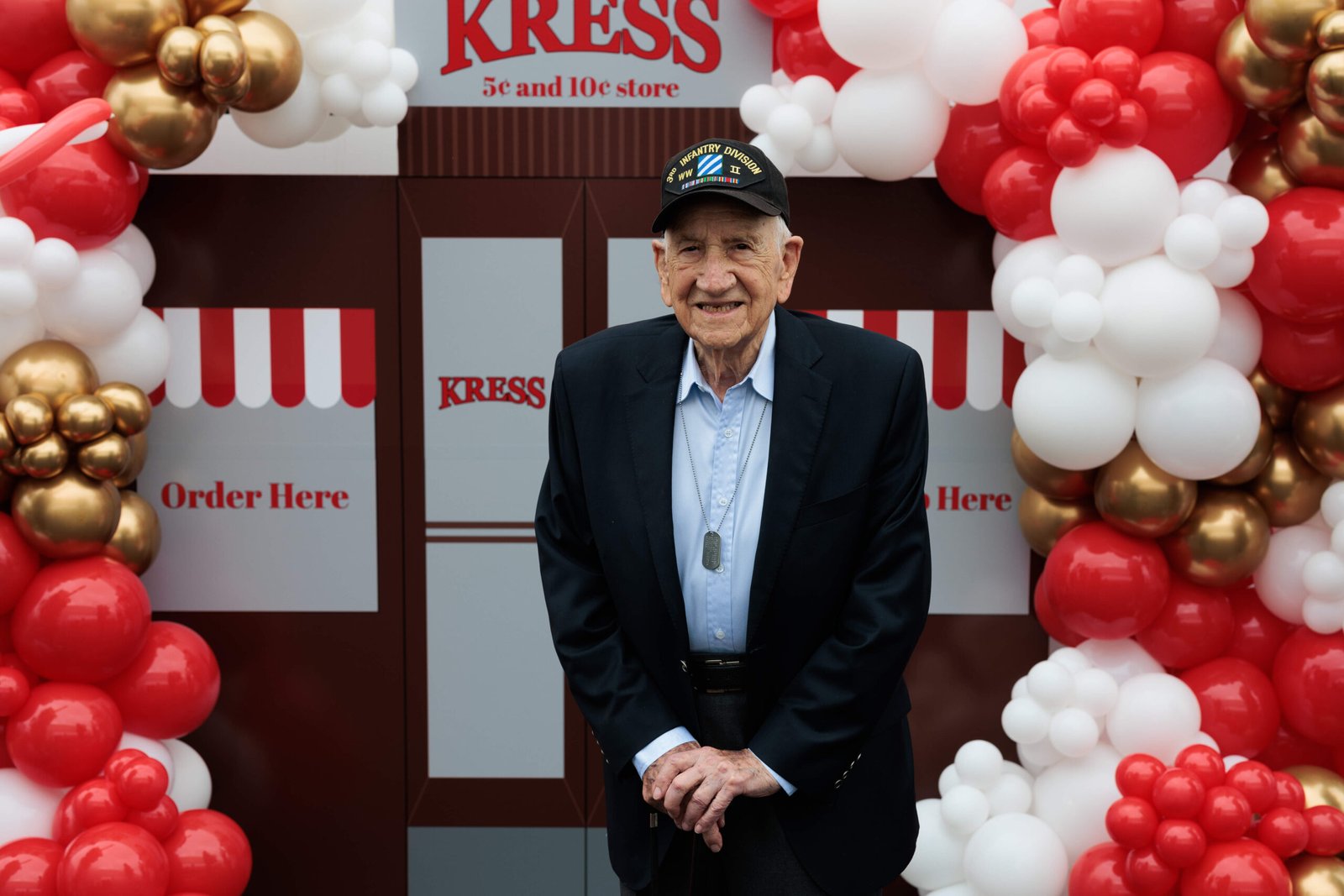Mayor Cherelle Parker accepts potential one-term tenure amid ongoing city workers’ strike.
Mayor Cherelle L. Parker is currently navigating a challenging labor dispute in Philadelphia, as negotiations to end a strike involving municipal workers come to the forefront of city politics. During a press conference held recently at the Philadelphia Museum of Art, Parker firmly reiterated her commitment to the city’s fiscal stability, indicating she is unwilling to concede to union demands that could jeopardize the city’s finances.
The strike, which involves approximately 9,000 members of the American Federation of State, County and Municipal Employees District Council 33, was initiated by union president Greg Boulware, who expressed dissatisfaction with the city’s contract proposal. Parker, who has often taken a conciliatory approach to labor relations since assuming office, has intensified her rhetoric in recent days. She directly addressed union members, questioning their understanding of the proposals presented by the city. By doing so, she aims to undermine support for union leadership, suggesting that they may not be fully transparent about the terms up for negotiation.
As the contract deadline looms, Parker is confronted with a choice: to accommodate union requests for annual raises of 5% or more, potentially risking her popularity and political future, or to maintain her position advocating for raises capped at 3%, aiming to protect the city’s financial resources. Recent polls indicate that her approval rating stands at 63%, largely due to her initiatives focused on improving city services, particularly related to sanitation and public cleanliness.
The unfolding labor dispute is exacerbated by the city’s upcoming July Fourth celebrations, with the strike already impacting municipal functions. Pro-union demonstrators have expressed their grievances through protests, while the city attempts to proceed with event preparations, highlighting the tension between the two parties.
Compounding the challenges for Parker is the historical context of labor relations in Philadelphia. No mayor has lost a reelection bid since the city’s Home Rule Charter was established in 1952, suggesting that past performance in office often determines political fate. However, the ongoing strike poses a unique threat to her administration, particularly against the backdrop of existing public sentiment regarding city cleanliness—a key agenda item for Parker since her election.
Ryan Boyer, head of the building trades unions and a supporter of Parker, remarked on the heightened rhetoric surrounding the negotiations, suggesting that both sides have much to gain by reaching a fair agreement. The economic disparity between the proposals has notably narrowed, with the union’s request dropping from a 6% increase to just over 2%. As negotiations remain fluid, there persists a cautious optimism that a compromise can be achieved.
In this complex landscape of labor disputes, economic factors, and political accountability, Parker must navigate the rough waters of public opinion and labor relations, striving to balance the demands of unionized workers with the fiscal responsibilities inherent to her role as mayor. The ultimate outcome of these negotiations will significantly influence both her political future and the operational capacity of Philadelphia’s municipal services.







